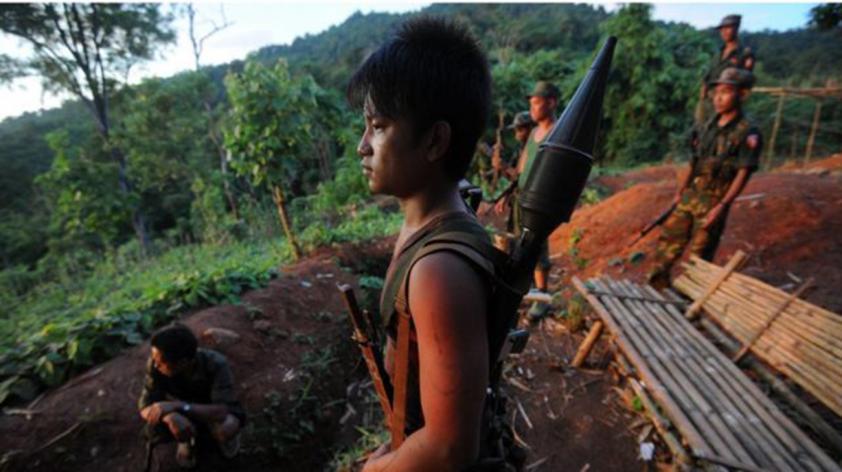-
Tips for becoming a good boxer - November 6, 2020
-
7 expert tips for making your hens night a memorable one - November 6, 2020
-
5 reasons to host your Christmas party on a cruise boat - November 6, 2020
-
What to do when you’re charged with a crime - November 6, 2020
-
Should you get one or multiple dogs? Here’s all you need to know - November 3, 2020
-
A Guide: How to Build Your Very Own Magic Mirror - February 14, 2019
-
Our Top Inspirational Baseball Stars - November 24, 2018
-
Five Tech Tools That Will Help You Turn Your Blog into a Business - November 24, 2018
-
How to Indulge on Vacation without Expanding Your Waist - November 9, 2018
-
5 Strategies for Businesses to Appeal to Today’s Increasingly Mobile-Crazed Customers - November 9, 2018
Myanmar: peace deal fails to ensure end to civil war
The government of Myanmar, also known as Burma, has signed a ceasefire deal with eight armed ethnic groups.
Advertisement
Thursday’s signing of the NCA was witnessed by worldwide observers from the United Nations, the European Union, China, India, Thailand and Japan.
The five armed groups, Kayin National Liberated Army (KNLA)- Peace Council, Pa-O Nationalities Liberation Organization (PNLO), Chin National Front (CNF), Arakan Liberation Party (ALP) and Democratic Kayin Buddhist Army (DKBA), are included in the eight groups preparing to take part in the formal signing of the Nationwide Ceasefire Accord (NCA) in Nay Pyi Taw on Thursday. However, hopes for a peace plan including all ethnic minority armies vanished earlier this month, when various rebel groups walked out of talks because it did not include all those groups now in conflict with the ‘army. A few of the non-participating groups are vital for the Southeast Asian nation, which is carefully moving from military dictatorship to democracy.
The president, the two vice presidents, the commander-in-chief and the deputy commander-in-chief of defence services, the attorney-general and the speaker of Pyidaungsu Hluttaw will sign the peace pact on behalf of the government, he added. There is scepticism that the new ceasefire agreement will change much, especially since the SSA-S accused the military of launching attacks on the eve of its signing.
President Thein Sein, a former general, made the nationwide ceasefire a key platform for his reformist agenda after taking power in 2011 and ending almost 50 years of military rule.
Among the groups which have not signed are the largest armed group, the United Wa State Army (UWSA), and the Kachin Independence Organisation (KIO), whose Kachin Independence Army (KIA) controls large areas of north-eastern Kachin state and regularly clashes with the Burmese army.
All eight rebels groups which have joined the agreement were removed from Myanmar’s unlawful associations list.
For its part, the government has said that it might be open to allowing a few of those groups to sign down the road, though the terms of their prospective inclusion remain unclear.
Suu Kyi has warned rebel leaders against rushing into a hasty peace deal with the government, saying the most important issue is to ensure future stability.
In a statement, the US State Department welcomed “a critical first step” in building sustainable peace, but raised concerns over continuing fighting in northern Kachin and Shan state. The agreement, Indian government sources said, commits both sides to peaceful negotiations.
Advertisement
“If we don’t sign, the foreign community will blame us and say we are rebels, no better than ISIS”, he said.





























